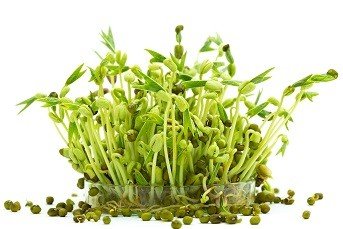Global spice extracts firm Kancor Ingredients to invest Rs 150 crore for expansion
The company will expand its existing manufacturing facilities and set up new ones incorporating the latest technologies.
Global spice extracts firm Kancor Ingredients, part of France-based flavour and fragrance company Mane Group, proposes to invest over ₹150 crore over the next 36 months to expand its existing manufacturing facilities and set up new ones incorporating the latest technologies.
The Kochi-headquartered firm will continue with the expansion of its facilities in Kerala, Karnataka and Uttar Pradesh. In Karnataka, it to set up an additional facility adjacent to the existing one at Byadgi. It is acquiring around 50 acres of land to set up a new processing center, which will be its processing hub for the next 25-30 years.
The company, which has two facilities in Bareilly, Uttar Pradesh, has begun to expand those, too. In Kerala, its facility at Angamaly will undergo a major revamp with a focus on R&D and new products. It will take three years for the completion of the projects, Geemon Korah, CEO and Director, Kancor, told reporters here.
Doubling turnover
With these expansion plans, the company is looking at doubling its turnover from the present ₹800 crore over the next five years.
“We are eyeing three major segments — natural colours, antioxidants and spice extract blends meant for chefs to develop signature products”, said Korah.
Referring to the oleoresin industry, Korah said people are moving towards spice extracts rather than depending on raw materials. The oleoresin industry in Asia is growing at 7-8 per cent, while it growing at a slower pace in Western countries.
Kancor carries out major expansions every 10-12 years with a vision for the next 20 years, he added. The previous major expansion was in 2004-05. However, this time, it was planned with a vision for the next 25 years and made part of the company’s Golden Jubilee celebrations, he said.
The company will expand its existing manufacturing














